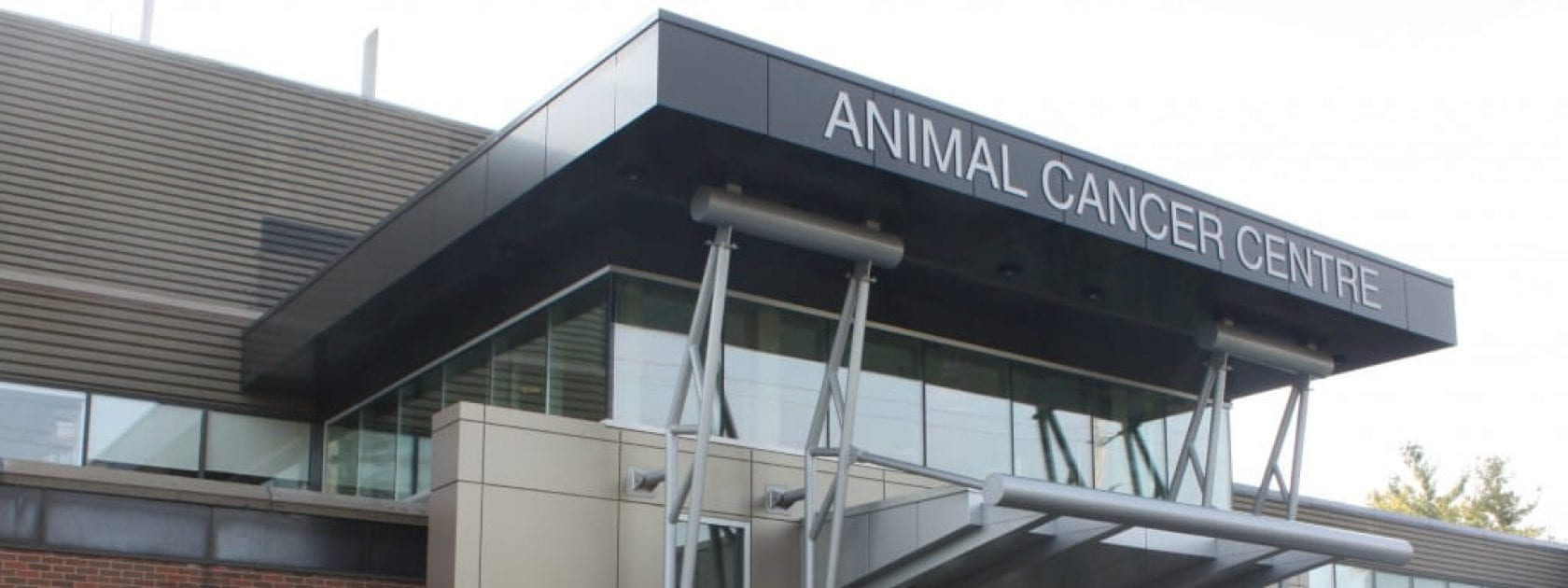** Please note this study is closed/completed and no longer recruiting patients **
Objective:
To evaluate the relationship between 13 different circulating cytokines in dogs with osteosarcoma (OSA) before, during, and after treatment with amputation, radiation and/or chemotherapy. We expect to gain new insight on factors that contribute to OSA progression, resistance to treatment and overall prognosis.
Background:
OSA is the most common primary bone cancer in dogs. Unfortunately, this cancer is aggressive and in the majority of cases the tumour has metastasised by the time of diagnosis. If the primary tumour can be adequately treated with surgery or radiation therapy, the leading cause of cancer death is development of drug-resistant metastatic disease to the lungs and other organs. The standard of care treatment for OSA treatment in dogs involves surgical removal of the primary tumour, followed by chemotherapy and/or radiation to suppress development of metastases. However in the majority of cases the tumour eventually becomes resistant to treatment.
Recently, researchers have become interested in cytokines: small proteins released by cells that have a specific effect on cellular communication and interaction. Several have been implicated in the development, growth and/or spread of OSA, and pilot studies in human patients demonstrated that some cytokines are biomarkers (indicators) of prognosis. In addition, certain cytokines may be potential therapeutic targets.
Incentives:
- No cost to owner
Samples required:
- Blood (during all routine visits) including pre-amputation
Inclusion Criteria:
- Dogs with OSA or a suspicion of OSA (with histological diagnosis to be obtained) based on radiographically identified aggressive bone lesion affecting either axial or appendicular skeleton;
- Treatment with standard therapy: amputation + systemic therapy (4 x carbo and/or radiation) at OVC;
- Blood sample obtained pre-amputation;
- No evidence of gross metastatic disease at time of diagnosis.
Researchers:
- Dr. Tony Mutsaers (PI)
- Dr. Steve Patten
Contact:
Vicky Sabine (PhD), Clinical Research Coordinator, OVC
Email: ovc.clinicaltrials@uoguelph.ca; Work Cell #: 226-218-0338
Funded by OVC Pet Trust.
<Back to Closed & Completed Trials


